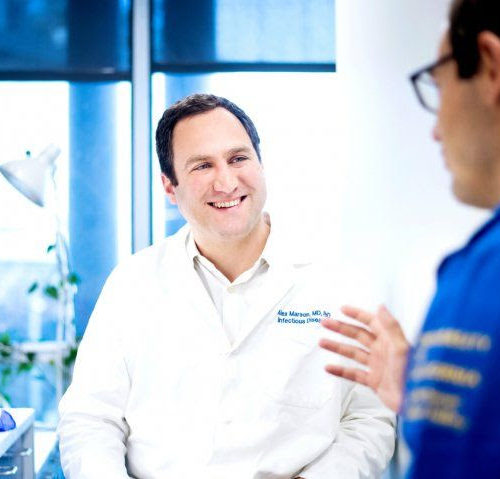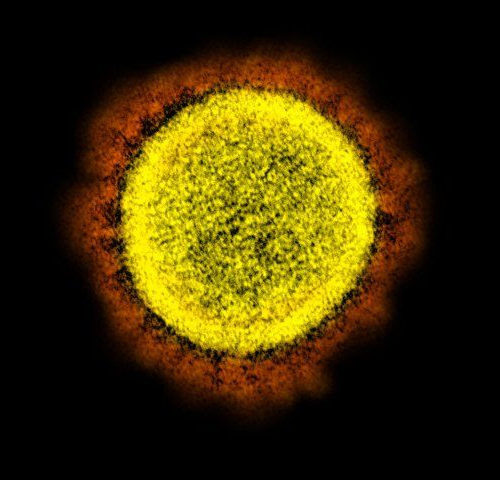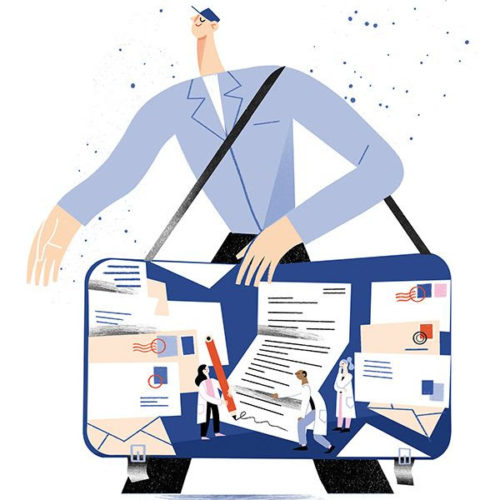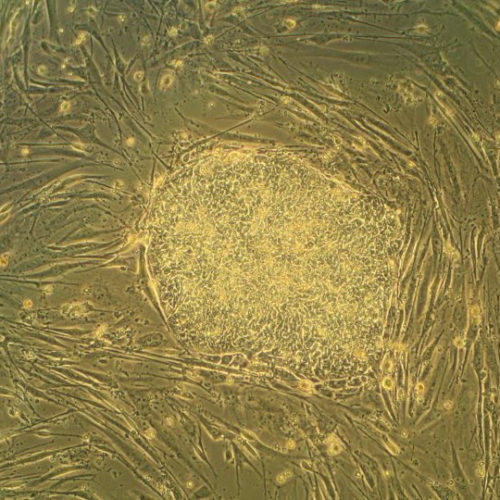A team of researchers at University of California San Diego School of Medicine and Moores Cancer Center used CRISPR technology to identify key regulators of aggressive chronic myeloid leukemia, a type of cancer that remains difficult to treat and is marked by frequent relapse. “We used CRISPR technology to carry out a genome-wide screen in...
Tag: <span>Crispr</span>
CRISPR helps identify potential Alzheimer’s-related protein
by University of Tokyo Experts at the University of Tokyo have identified a new protein in the pathway that leads to Alzheimer’s disease. Researchers used the “molecular scissors” of CRISPR/Cas9 to search for new genes related to the neurodegenerative disease. The exact causes of Alzheimer’s disease remain unknown, but one of the most well-supported theories...
CRISPR-Based ‘Discovery Engine’ for New Cell Therapies to Advance Cancer Treatments
Despite centuries-long efforts to develop cures for cancer, various forms of the disease will kill about 630,000 people in the U.S. in 2020. But hopes are rising for cell therapies – sometimes called “living medicines” – that can boost and adapt the natural cancer-fighting potential of the immune system in ways that conventional cancer treatments...
New CRISPR-Based COVID-19 Test Kit Can Diagnose Infection in Less Than an Hour
Scientists have developed an inexpensive new test that can rapidly diagnose COVID-19 infections, a timely advance that comes as clinicians and public health officials are scrambling to cope with testing backlogs while the number of cases continues to climb. Developed at UC San Francisco and Mammoth Biosciences, the new test – officially named the “SARS-CoV-2...
Step aside CRISPR, RNA editing is taking off
Making changes to the molecular messengers that create proteins might offer flexible therapies for cancer, pain or high cholesterol, in addition to genetic disorder Thorsten Stafforst found his big break at the worst possible time. In 2012, his team at the University of Tübingen in Germany discovered that by linking enzymes to engineered strands of...
Stem Cells, CRISPR and Gene Sequencing Technology are Basis of New Brain Cancer Model
Using genetically engineered human pluripotent stem cells, University of California San Diego School of Medicine researchers created a new type of cancer model to study in vivo how glioblastoma, the most common and aggressive form of brain cancer, develops and changes over time. “We have developed stem cell models that are CRISPR-engineered to have tumor-associated...
The kill-switch for CRISPR that could make gene-editing safer
How anti-CRISPR proteins and other molecules could bolster biosecurity and improve medical treatments. Illustration by Sébastien Thibault It started out as “sort of a stupid thing to do”, recalls Joe Bondy-Denomy, a microbiologist at the University of California, San Francisco. As a graduate student in the early 2010s, he tried to infect bacteria with viruses...
For CRISPR, tweaking DNA fragments before inserting yields highest efficiency rates yet
University of Illinois researchers achieved the highest reported rates of inserting genes into human cells with the CRISPR-Cas9 gene-editing system, a necessary step for harnessing CRISPR for clinical gene-therapy applications. By chemically tweaking the ends of the DNA to be inserted, the new technique is up to five times more efficient than current approaches. The...
EXPERTS HORRIFIED BY LEAKED CRISPR BABY STUDY
THE PAPER ACCOMPANYING THE CONTROVERSIAL EXPERIMENT WENT UNPUBLISHED — UNTIL NOW. BY KRISTIN HOUSER / DECEMBER 04 2019 Chinese scientist He Jiankui’s creation of the world’s first gene-edited human babies was undoubtedly one of the most impactful science stories of 2018. But for as much attention as the experiment received, the paper detailing it was never actually published — until now....
CRISPR tool modifies genes precisely by copying RNA into the genome
The ultimate goal of genome editing is to be able to make any specific change to the blueprint of life. A ‘search-and-replace’ method for genome editing takes us a giant leap closer to this ambitious goal. Randall J. Platt Variation in the DNA sequences that constitute the blueprint of life is essential to the fitness...





